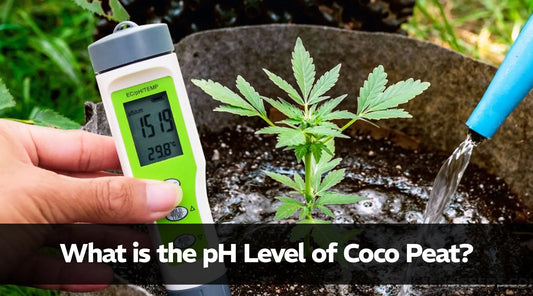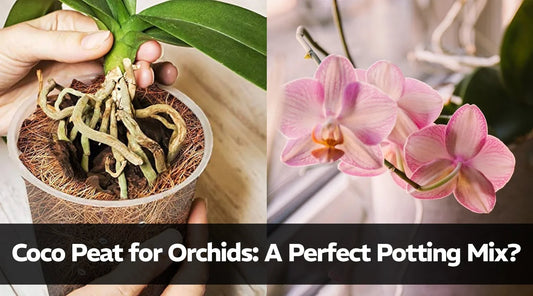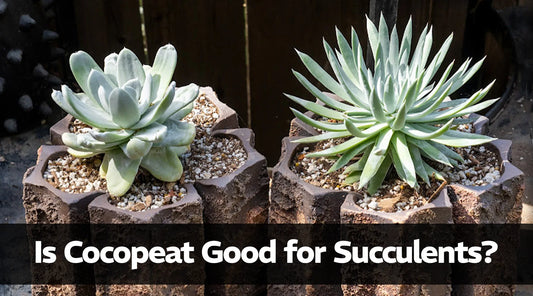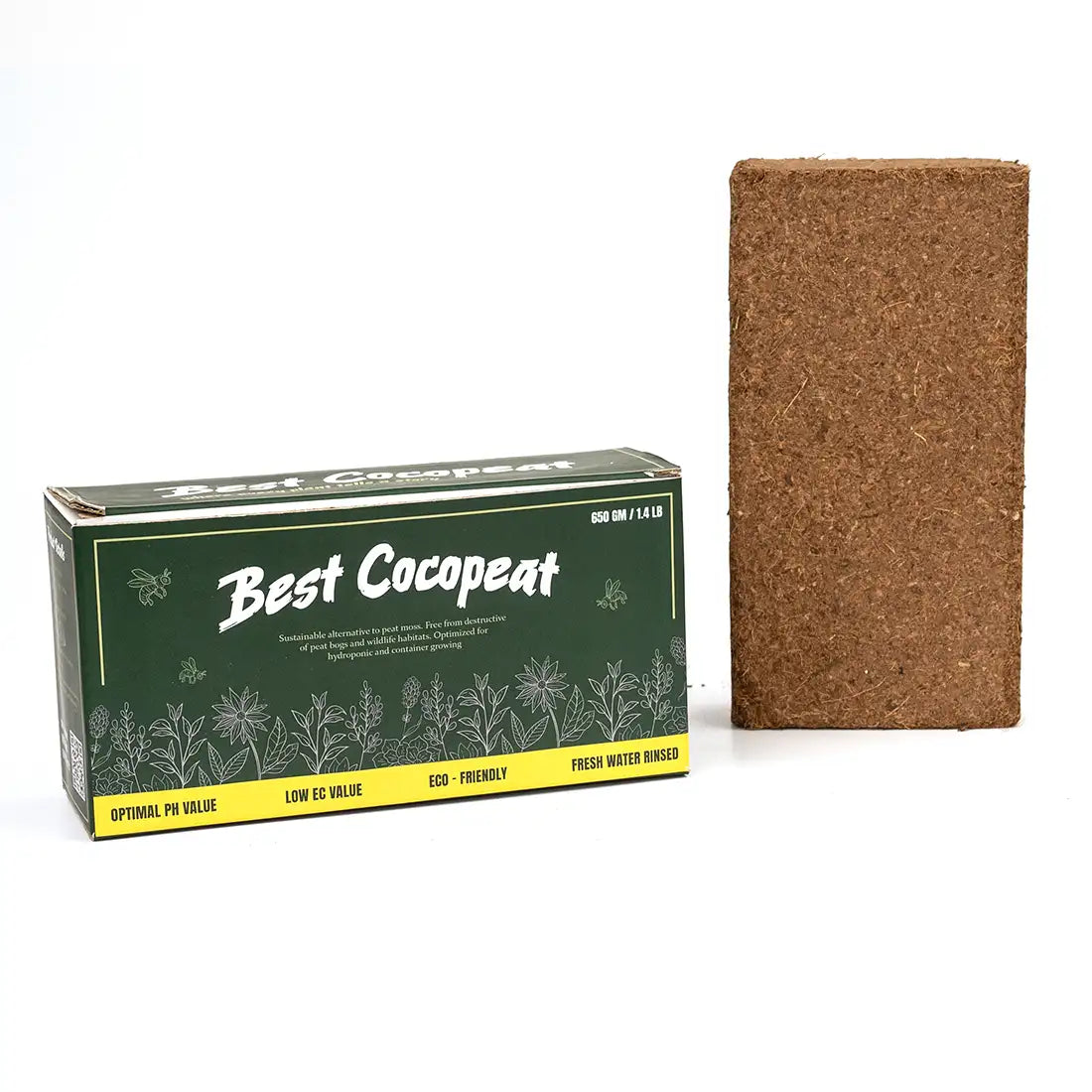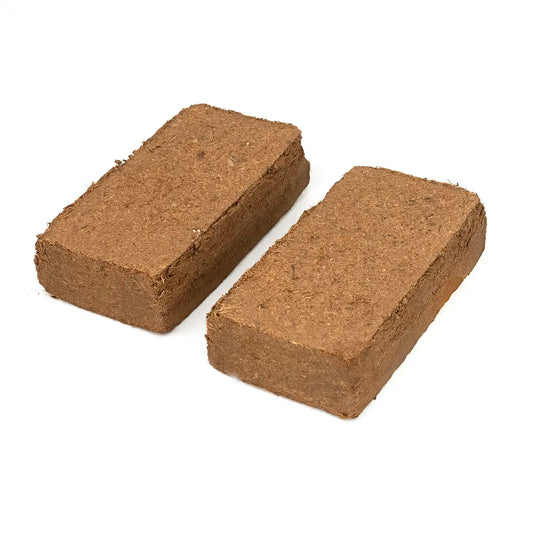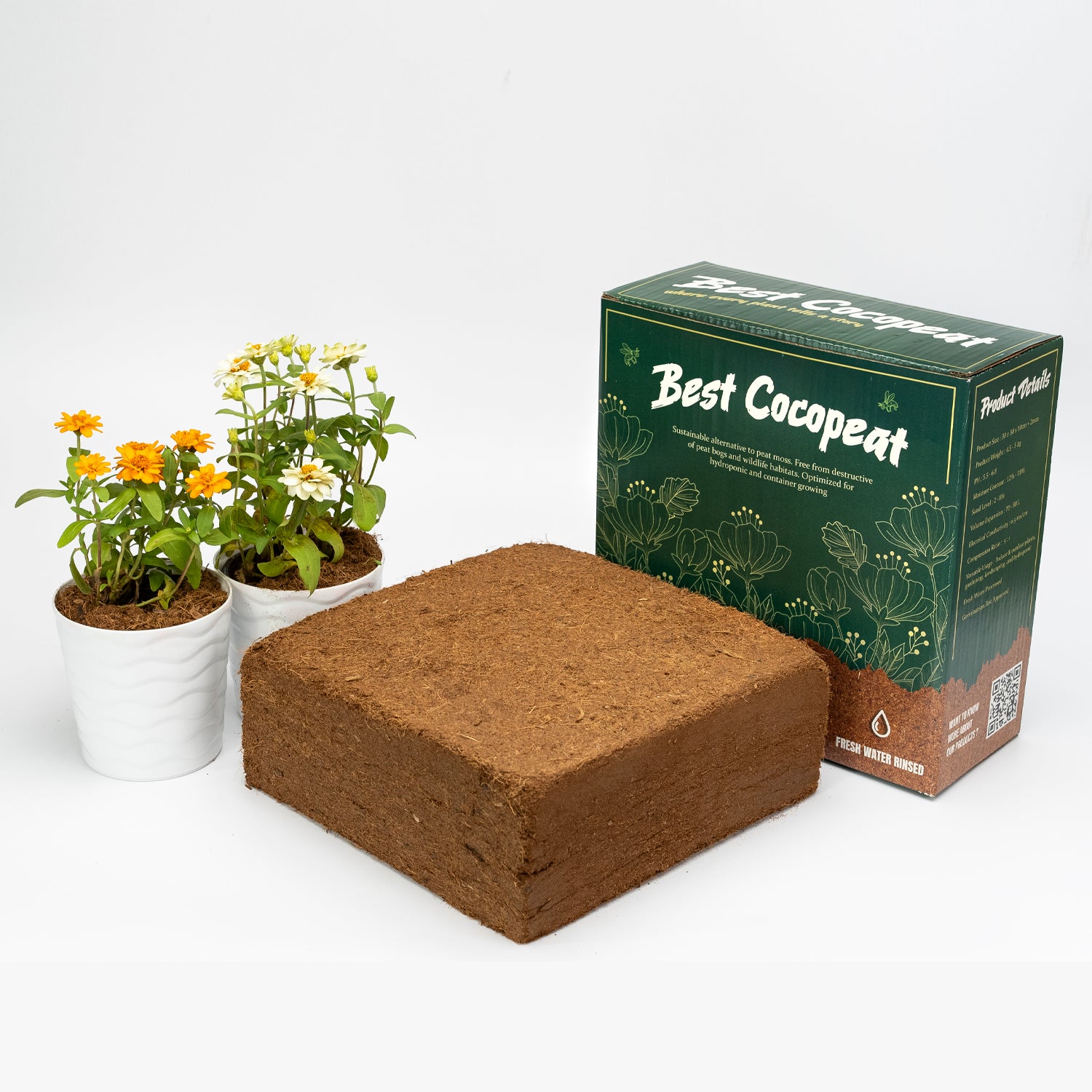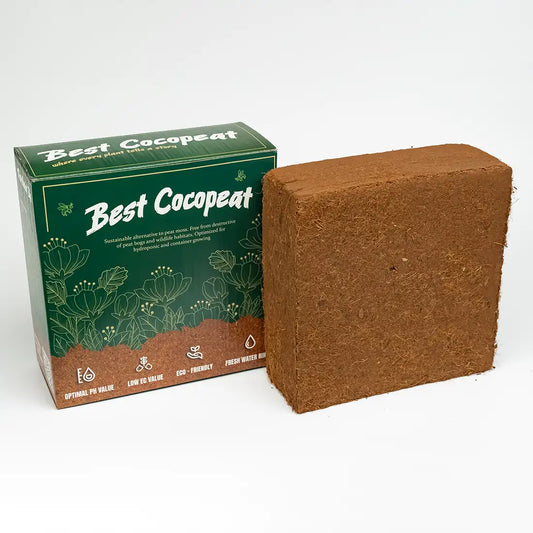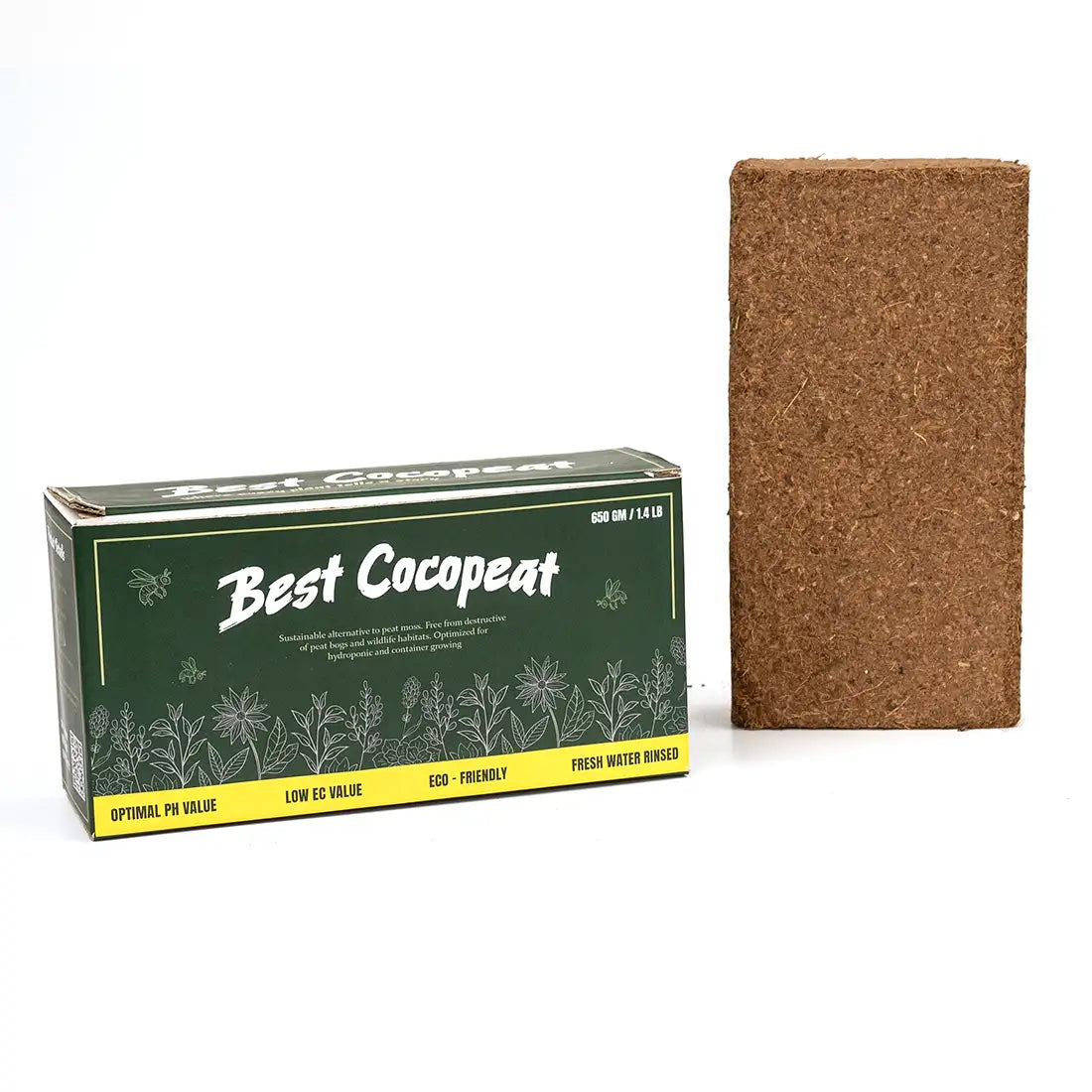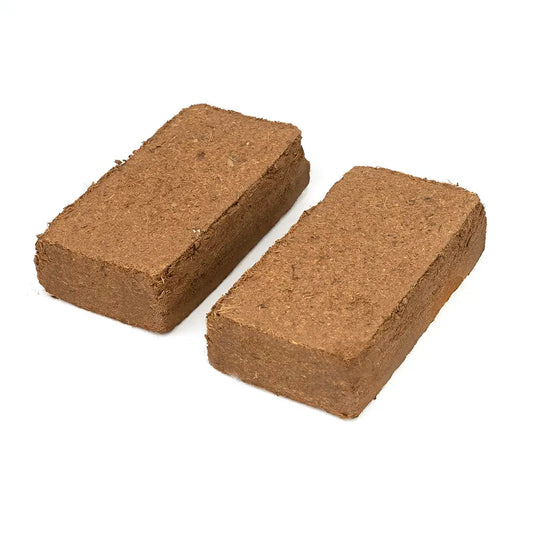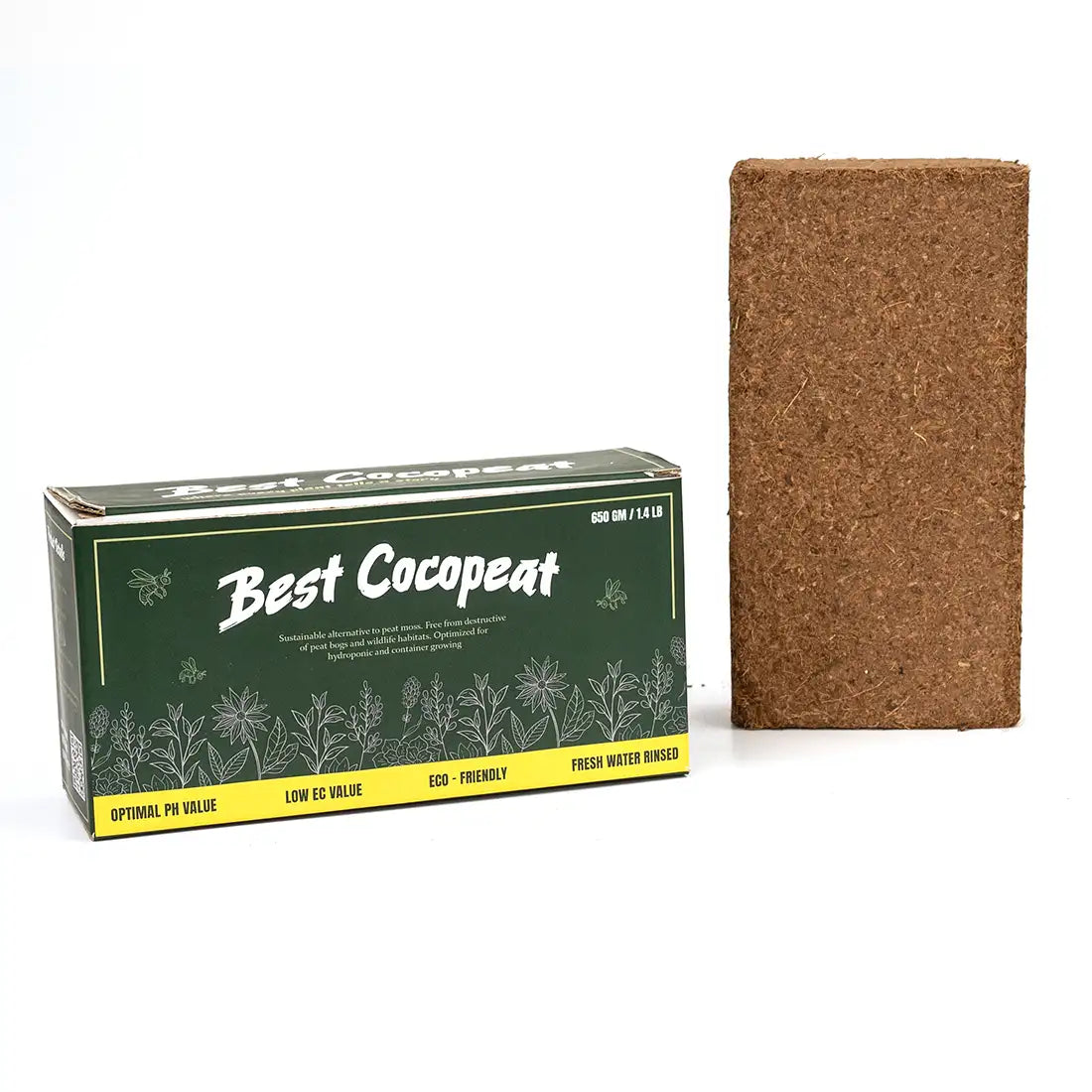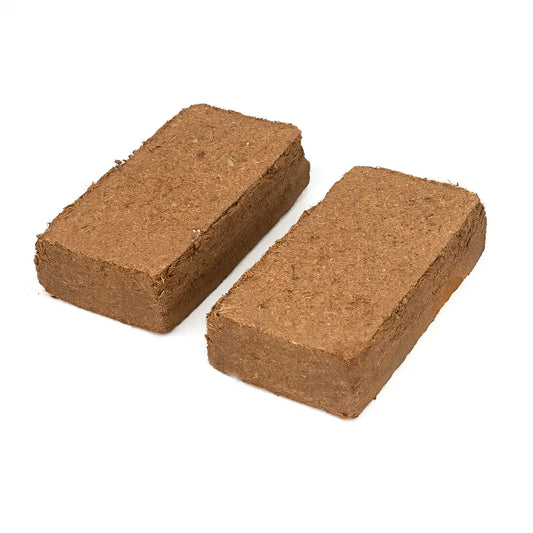Coco peat, also known as coir pith, has emerged as a valuable resource for modern farming. Made from the husks of coconuts, this natural by-product is revolutionizing agriculture by providing a sustainable and effective growing medium. In this blog post, we'll explore how coco peat helps farmers improve crop yields, conserve resources, and enhance sustainability.
What is Coco Peat and Why Does it Matter?
Coco peat is the fibrous material extracted from the outer shell of coconuts. Traditionally, it was considered waste, but its properties as a growing medium have made it a staple in farming. Its ability to retain water, aerate soil, and provide essential nutrients makes it an ideal alternative to traditional soil-based methods. For farmers looking to adopt sustainable practices, coco peat offers an eco-friendly solution that reduces the reliance on chemical fertilizers and conserves water. Learn more at www.bestcocopeat.com.
How Coco Peat Benefits Farmers
Farmers around the world are turning to coco peat for its numerous advantages. Here's a breakdown of how it benefits agricultural operations:
1. Improved Water Retention
Coco peat can absorb up to ten times its weight in water, making it an excellent medium for water conservation. In areas where water scarcity is a concern, farmers can reduce their irrigation needs while ensuring that plants have consistent access to moisture. This not only saves water but also helps crops thrive in drought-prone regions.
2. Enhanced Aeration
One of the key challenges in traditional soil farming is ensuring proper aeration around plant roots. Poorly aerated soil can lead to root rot and other issues. Coco peat has a porous structure that allows air to circulate freely, promoting healthy root growth and improving nutrient uptake. This leads to stronger plants and higher yields.
3. Organic and Biodegradable
Coco peat is 100% organic and biodegradable. It breaks down naturally, adding organic matter to the soil over time. This organic matter enriches the soil, improves its texture, and enhances its fertility. Unlike chemical fertilizers, coco peat doesn't leave harmful residues in the environment, making it a sustainable choice for eco-conscious farmers.
4. Pest and Disease Resistance
Coco peat is naturally resistant to pests and diseases, reducing the need for chemical pesticides. This is a significant advantage for farmers looking to reduce their chemical usage and adopt more organic farming practices. By using coco peat, farmers can protect their crops without introducing harmful substances into the environment.
How to Use Coco Peat in Farming
Using coco peat in farming is straightforward, and it can be incorporated into various agricultural systems. Here's how farmers can make the most of this versatile medium:
1. As a Soil Amendment
Coco peat can be mixed with traditional soil to improve its water retention and aeration. Farmers can blend it with their soil at a ratio of 1:1 or adjust the ratio based on the specific needs of their crops. This mixture is particularly beneficial for sandy soils that struggle to retain moisture.
2. Hydroponic Systems
In hydroponics, coco peat is an excellent alternative to traditional soil. It provides a stable and nutrient-rich medium for plant roots, allowing farmers to grow crops in controlled environments with minimal water usage. The neutral pH of coco peat also helps maintain an optimal growing environment for a variety of plants.
3. Seed Starting
Coco peat is an ideal medium for starting seeds. Its fine texture and moisture retention capabilities make it perfect for nurturing young plants until they are ready to be transplanted. Farmers can use coco peat to start their crops early, ensuring that their plants are strong and healthy before planting them in the field.
Tips and Best Practices for Using Coco Peat
While coco peat is a highly effective growing medium, there are a few tips and best practices to keep in mind:
- Pre-soaking: Coco peat often comes in compressed blocks, so it's essential to soak it in water before use. This allows it to expand and reach its full water-holding capacity.
- Mix with Other Mediums: For best results, mix coco peat with other organic materials like compost or perlite to create a balanced growing environment.
- Monitor pH Levels: While coco peat is neutral, it's still a good idea to monitor the pH levels of your growing medium regularly. This ensures that your crops are growing in optimal conditions.
Conclusion
Coco peat is a game-changer for farmers seeking to improve crop yields, reduce water consumption, and embrace sustainable agriculture. With its ability to enhance soil quality, retain water, and resist pests, coco peat offers a natural solution that benefits both the environment and the farmer. By adopting coco peat in their farming practices, farmers can grow healthier crops and contribute to a more sustainable future. Learn more about coco peat at www.bestcocopeat.com.

